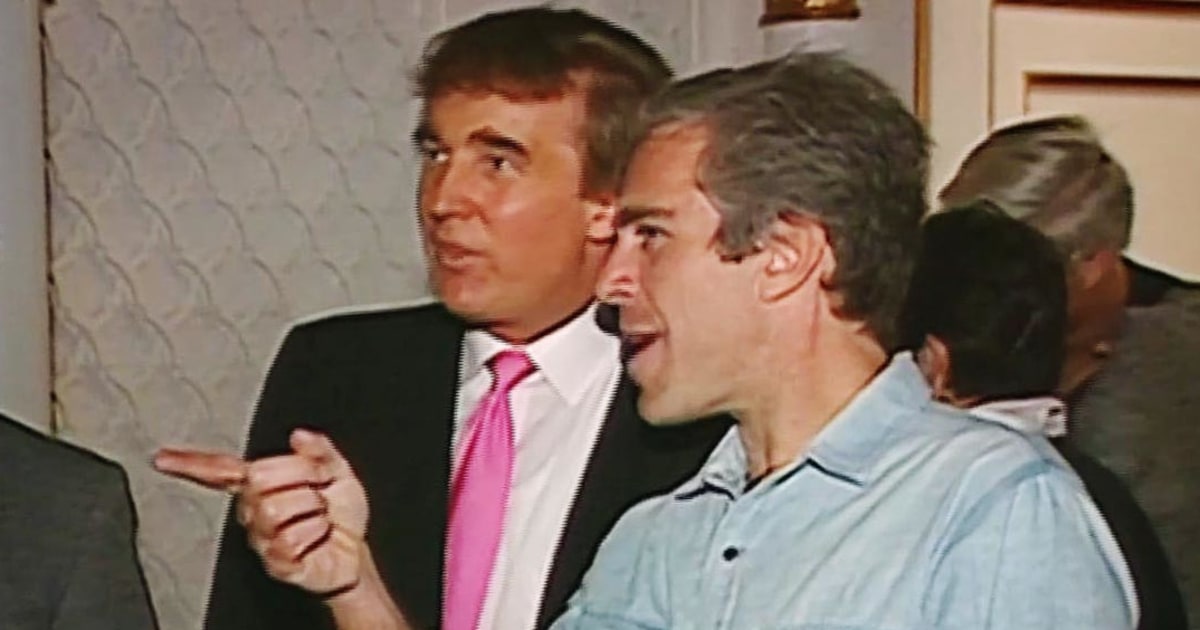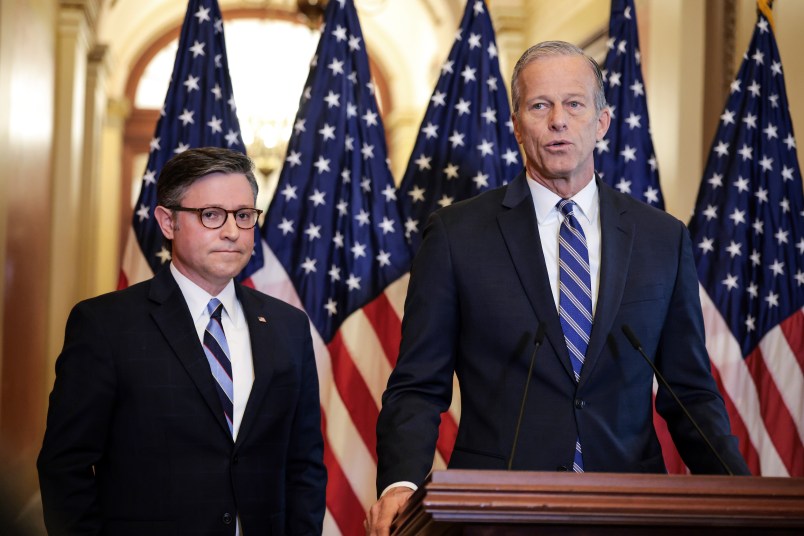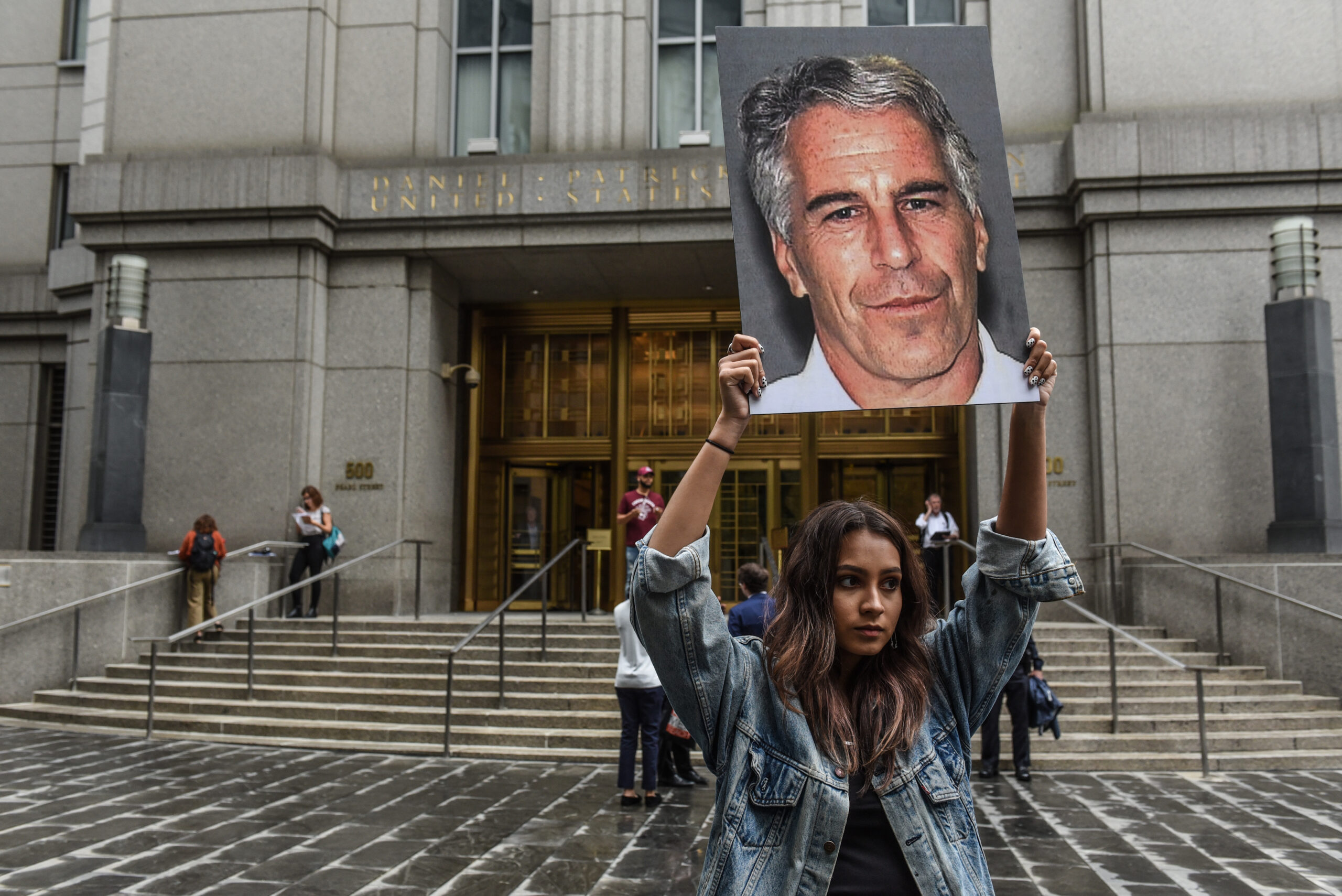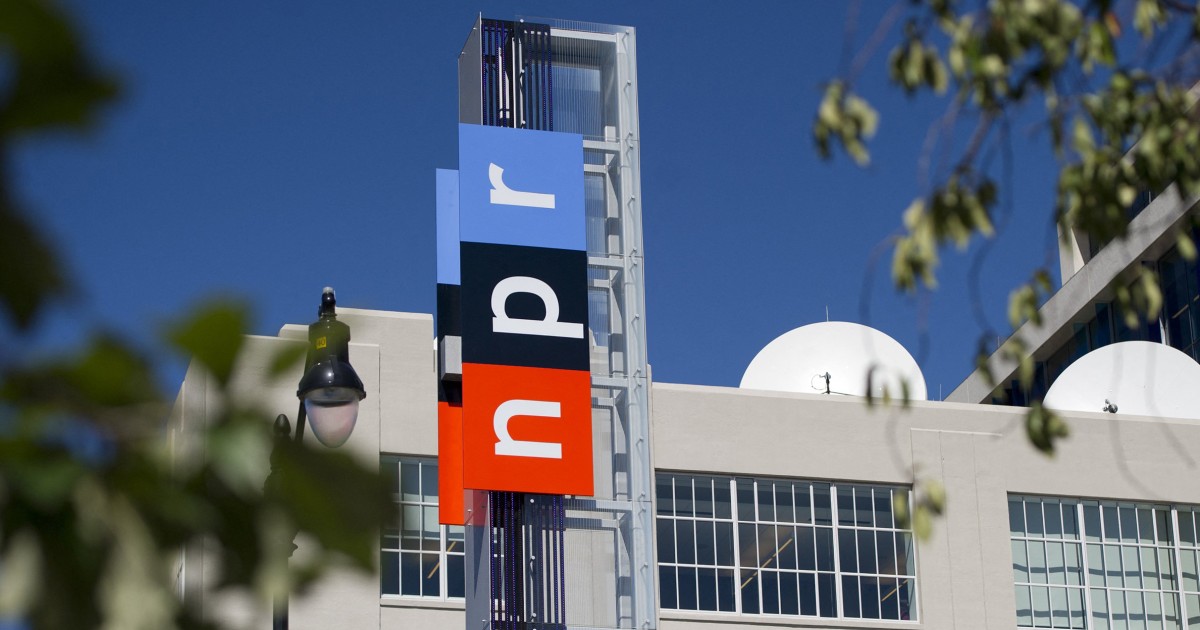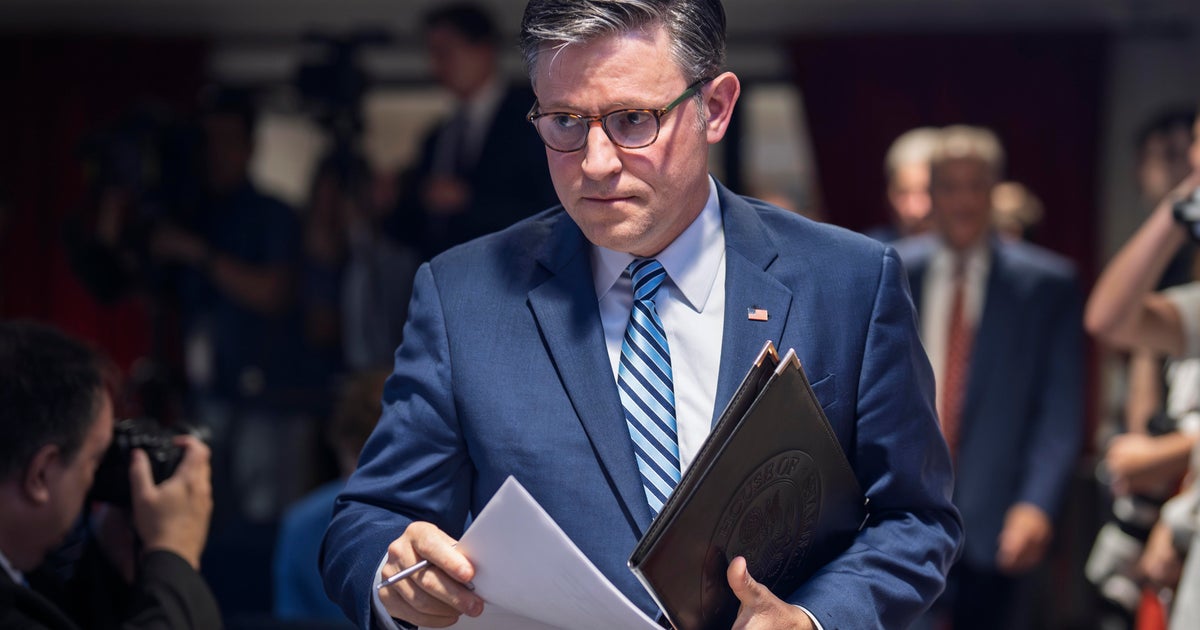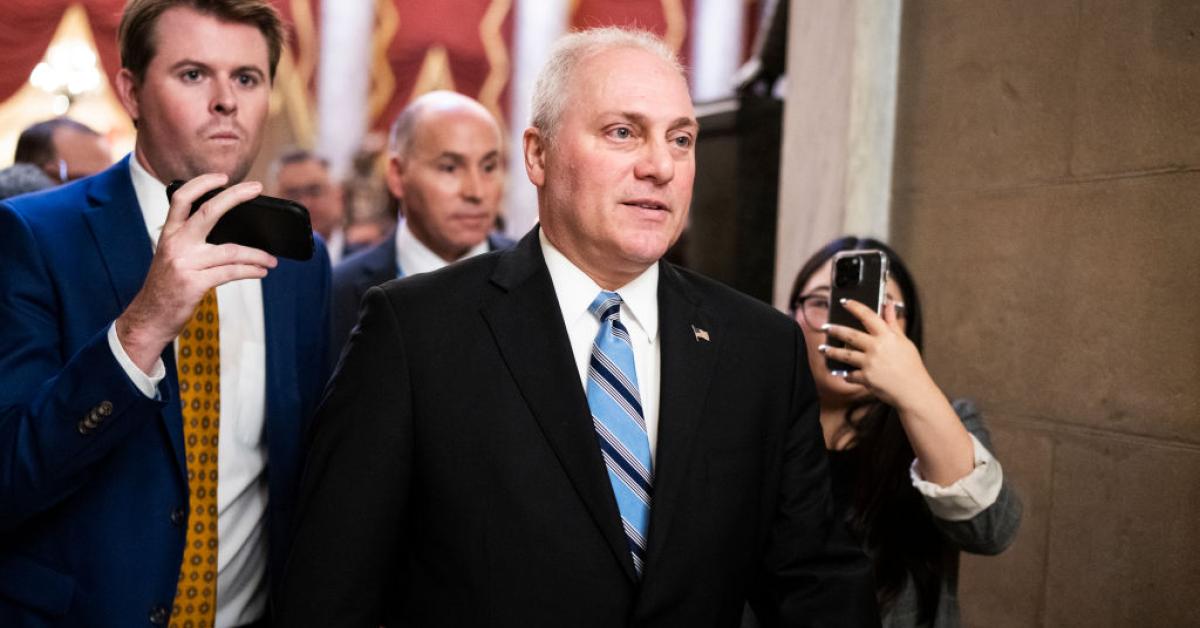House Republicans Approve $9 Billion Spending Cuts Amid Controversy
The House passed a $9 billion spending cut package targeting foreign aid and public broadcasting, with significant implications for various programs and ongoing transparency concerns.
Overview
- The House approved a $9 billion spending cut package in a 216-213 vote, primarily affecting foreign aid and public broadcasting.
- Cuts include $8 billion from USAID and $1.1 billion from the Corporation for Public Broadcasting, impacting NPR and PBS.
- Opponents raised concerns about the potential loss of funding for emergency shelter, water, and global health programs.
- The bill marks the first successful rescissions request to Congress in decades, with only two Republicans opposing it.
- House Republicans are also facing pressure to release documents related to the Epstein case, which delayed the vote on the funding cuts.
Report issue

Read both sides in 5 minutes each day
Analysis
Center-leaning sources frame the $9 billion spending cuts by emphasizing their negative consequences, particularly for public broadcasting, rural communities, and foreign aid. They highlight political discord, including Democratic condemnation and Republican dissent, and link legislative delays to the Jeffrey Epstein controversy, shaping a narrative of detrimental impact.
Articles (20)
Center (9)
FAQ
The package cuts $8 billion from foreign aid, primarily targeting initiatives overseen by USAID, though the Senate protected global health programs like PEPFAR (HIV/AIDS prevention), certain food assistance, maternal health, malaria, and tuberculosis initiatives after amending the original proposal[1]. The $1 billion cut affects the Corporation for Public Broadcasting, which funds NPR and PBS.
The vote on the rescissions package was delayed in the House due to a partisan dispute over Democratic efforts in the Rules Committee to force Republicans into difficult votes related to Jeffrey Epstein, highlighting the ongoing political tensions surrounding the case[2]. However, the transparency resolution regarding Epstein documents was introduced separately and did not delay the funding cuts[Summary].
The narrow margin reflects significant opposition within Congress, with only Republican support and two GOP members joining Democrats in voting against the cuts[2]. This underscores divisions over federal spending priorities and the political risks of such deep cuts[Summary].
The president’s budget director indicated that the administration is likely to send more cutback requests to Congress “soon,” signaling that further rescissions targeting other areas of federal spending may be forthcoming[1].
The Senate amended the package to strip out proposed cuts to PEPFAR and added protective language for certain food assistance, maternal health, malaria, and tuberculosis initiatives, reflecting bipartisan concern for these global health priorities[1].
History
- 1d

 8 articles
8 articles
- 1d

 3 articles
3 articles





